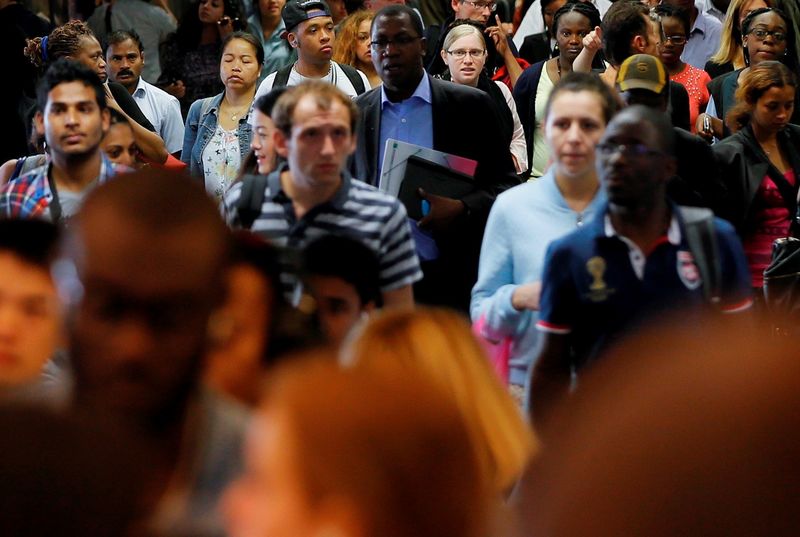PARIS (Reuters) - President Francois Hollande's flagship measure to boost France's waning competitiveness has saved or created up to 100,000 jobs, a government-sponsored study said on Thursday.
The figures on the company payroll tax credit scheme will offer limited respite to Hollande, facing a still struggling economy and record low opinion poll ratings seven months before presidential elections.
But it is unlikely to mark a turnaround in his economic record - overall, 634,000 more people are out of work now than when he came to office in May 2012.
Hollande introduced the tax credit scheme in 2013 hoping it would hold down French labour costs, after years of growing faster than those in Germany.
Under the scheme, known as the Tax Credit for Competitiveness and Jobs or CICE, firms can seek a tax credit of six percent of their wage bill on salaries worth up to two and a half times the minimum wage.
The aim was to restore French firms' profitability, among the lowest in Europe, and in turn encourage them to ramp up their investments.
The study commissioned by government think-tank France Strategie found that 50,000-100,000 jobs had been created or saved in 2013-2014 because of the programme.
France Strategie's head Jean Pisani-Ferry said the project had probably also saved many fragile companies, though it was impossible to say how many.
It was also too early, he added, to say whether it had led to increased investment.
"At this point, we don't see anything. We've only got several years behind us and this is a long-term issue," Pisani-Ferry told a news conference.
The report said companies had claimed 43 billion euros (£37.12 billion) in tax credits under the CICE since 2013.
However, so far only 27.6 billion euros have been paid out, which means that the strain on the government's budget will increase in the coming years as more money is handed to firms.
